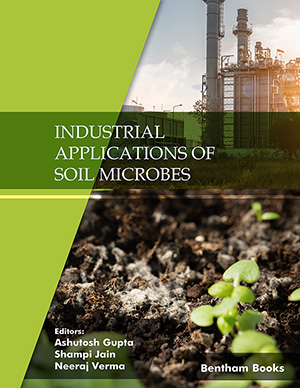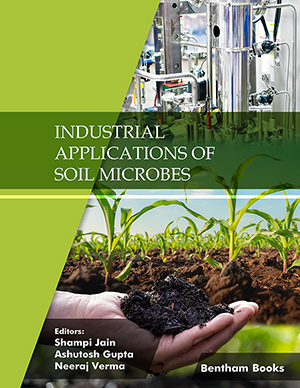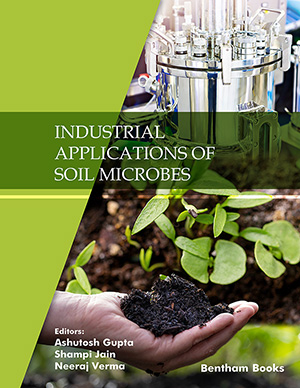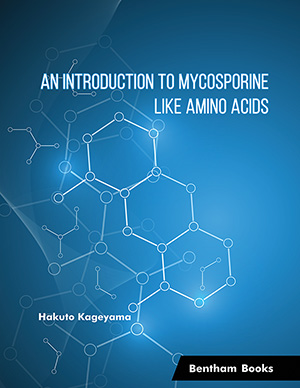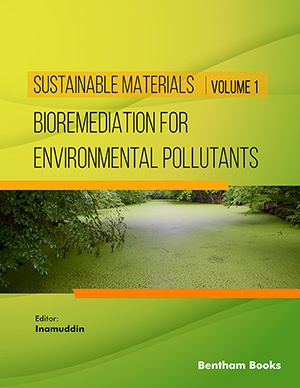Abstract
In agriculture, salinity has been a major limiting factor in food security. Soil
salinity has been shown to limit land utilization and crop productivity. It is especially
crucial to avoid such losses as the ever-increasing global population imposes a
tremendous amount of pressure on human populations to produce more food and feed.
Salt stress has a negative effect on the whole plant and can be seen at all phases of
growth, including germination, seedling and vegetative stages. Tolerance to salt stress,
on the other hand, varies with plant developmental processes and even from species
and cultivars. Salinity in the agricultural system can be managed by adopting various
mitigation strategies. To maintain higher productivity in salt-affected environments,
salt-tolerant genotypes must be introduced, as well as precise site-specific production
systems. Recent advances in genetics and biotechnology, along with traditional
breeding methods, provide the potential to create transgenic cultivars that perform well
under stress. Exogenous treatment of certain osmoprotectants and growth regulators, as
well as nutrient management and seed rejuvenation strategies, may be beneficial for
cost-effective agricultural production in saline soils
Keywords: Acid Soil, Bio-Saline Agriculture, Management Practices, Phytoremediation, Salt-Affected Soil.













